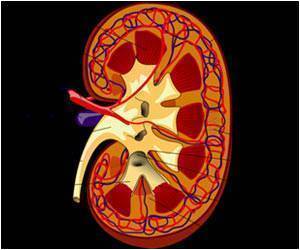
That is when three medical organizations created the U.S. Adopted Names (USAN) Council to assign simplified alternatives to the unwieldy proper names the International Union of Pure and Applied Chemistry gives to molecules.
For instance, under USAN's guidance, "cis-8-methyl-N-vanillyl-6-nonenamide" becomes "zucapsaicin." The council recommends generic names to an international agency of the World Health Organization.
The tongue-twisting words the USAN Council creates are products of "stems" that describe a drug's characteristics, which Drahl likens to the Latin and Greek roots of many English words.
For instance, the "-prazole" ending of Nexium's generic name, esomeprazole, reveals that it is a type of antiulcer medication. Similar drugs will have the same stems in their names, allowing those familiar with the stems to crack the code.
The USAN Council is careful to avoid words that are difficult to pronounce in foreign languages or that may have other meanings abroad.
Advertisement
The study has been published in Chemical and Engineering News (C and EN), the weekly newsmagazine of the American Chemical Society.
Advertisement










